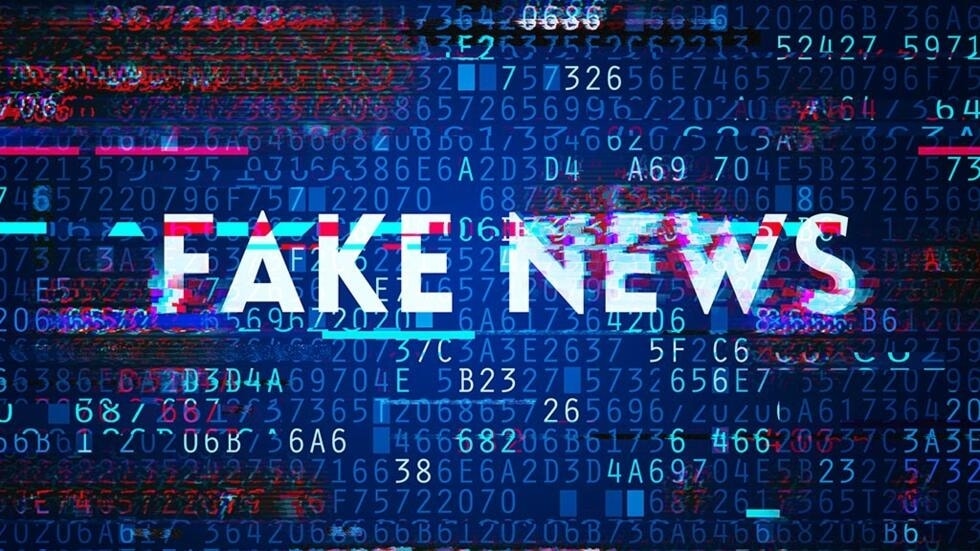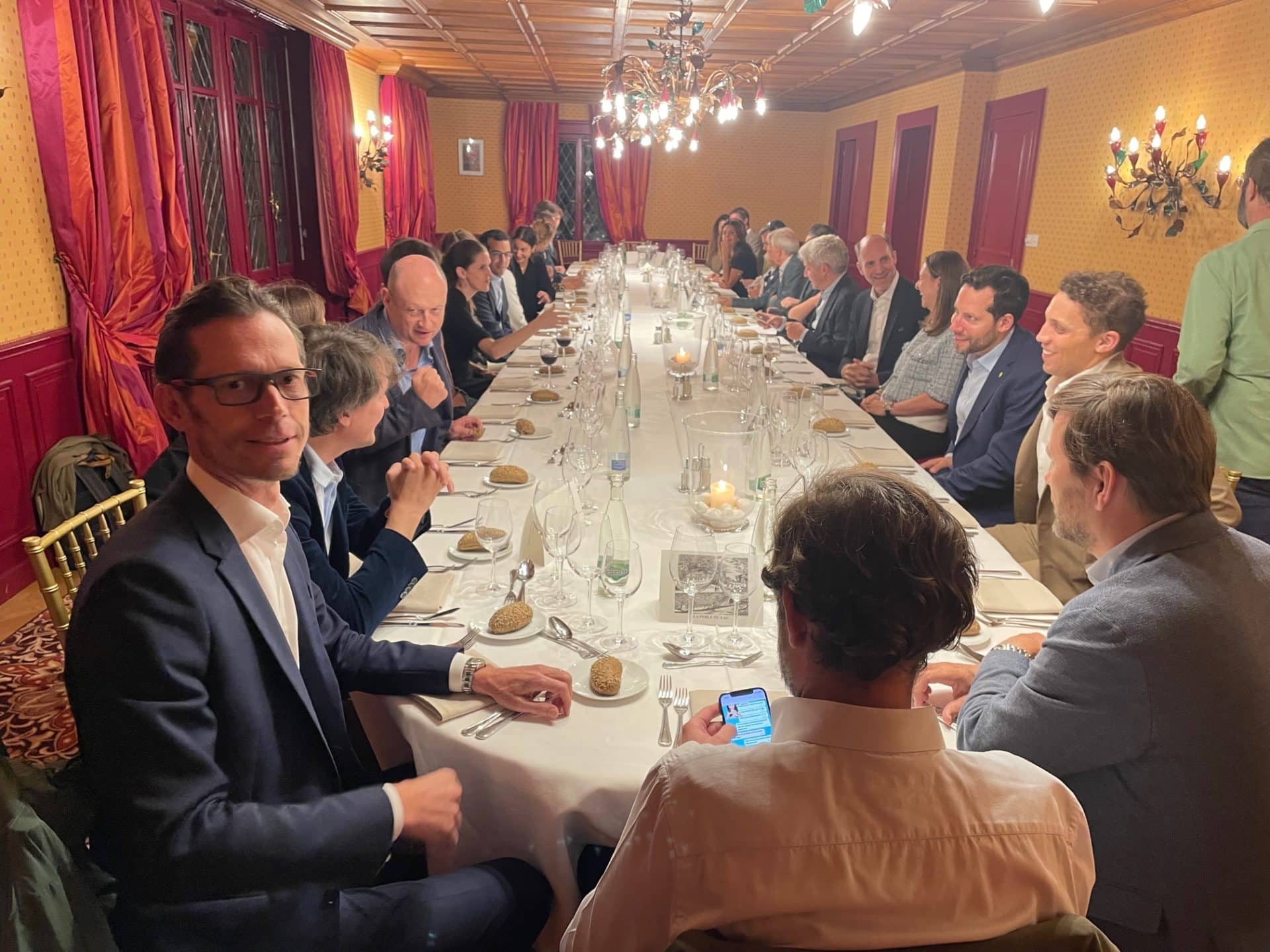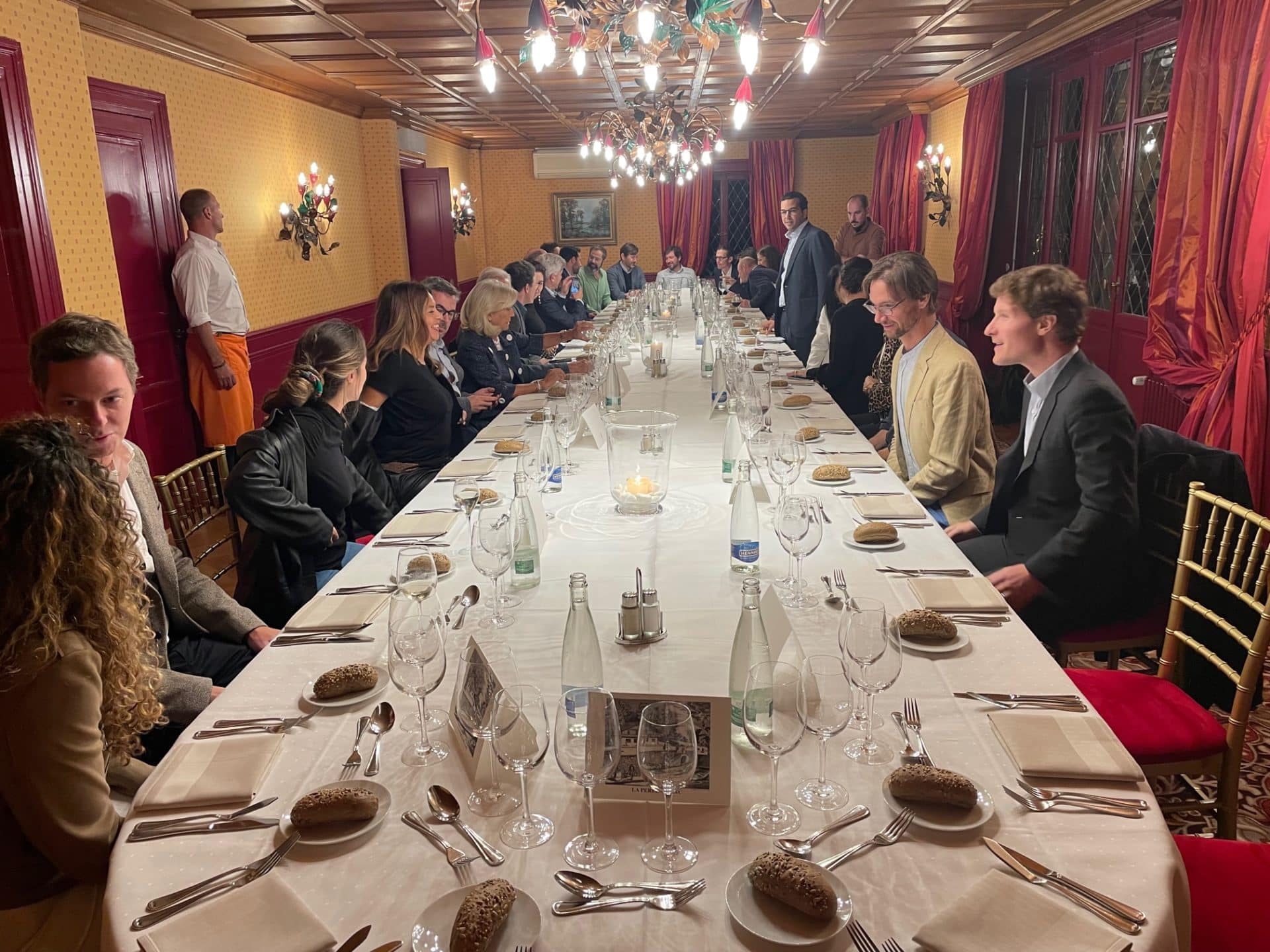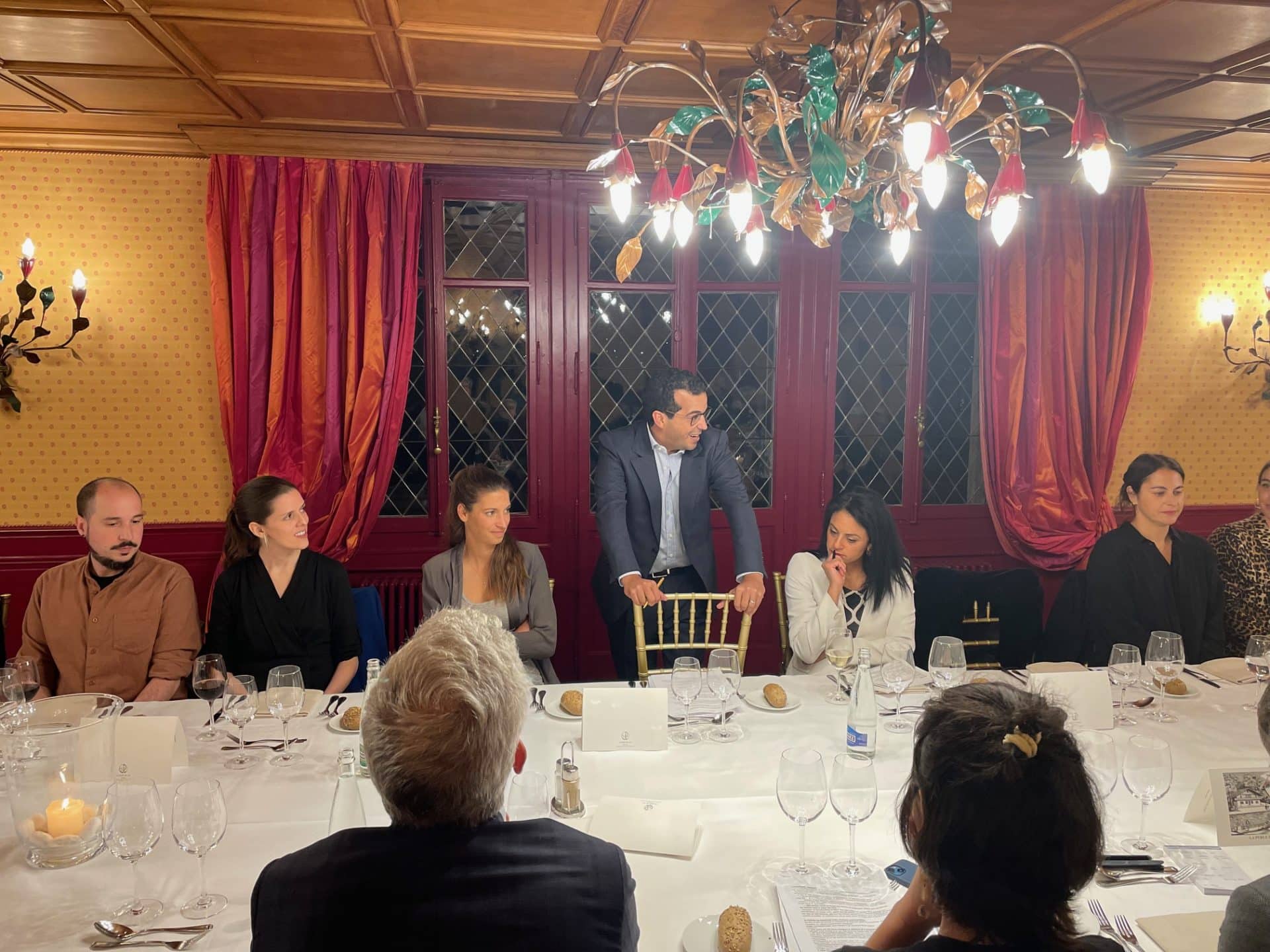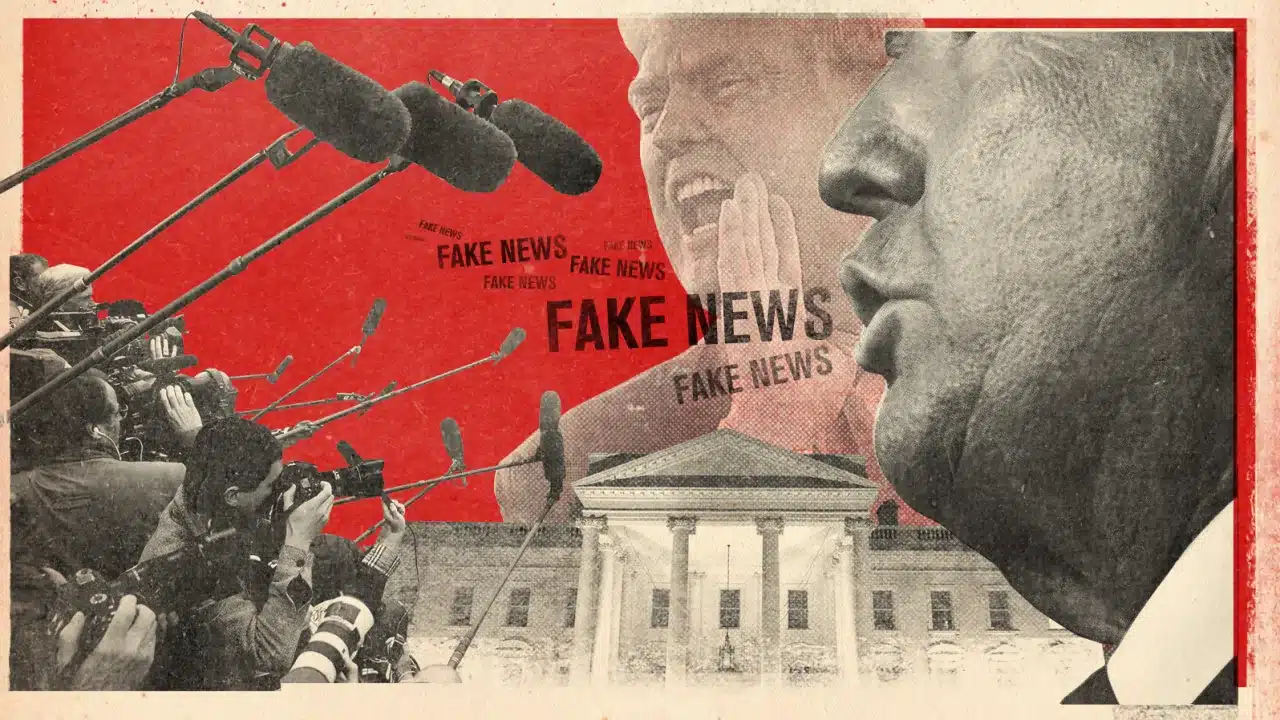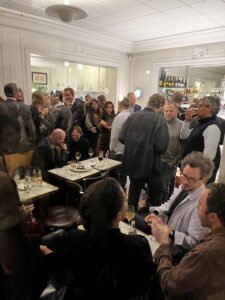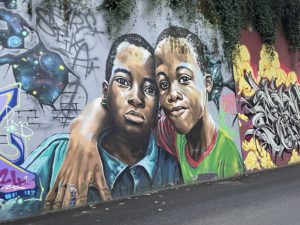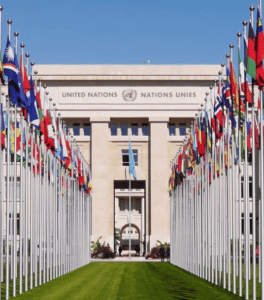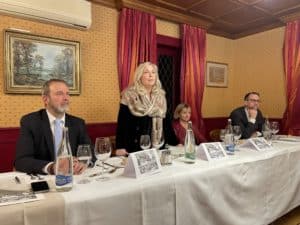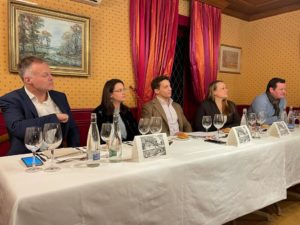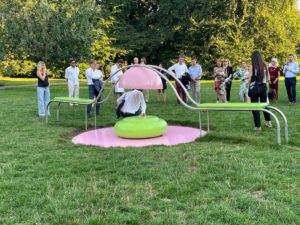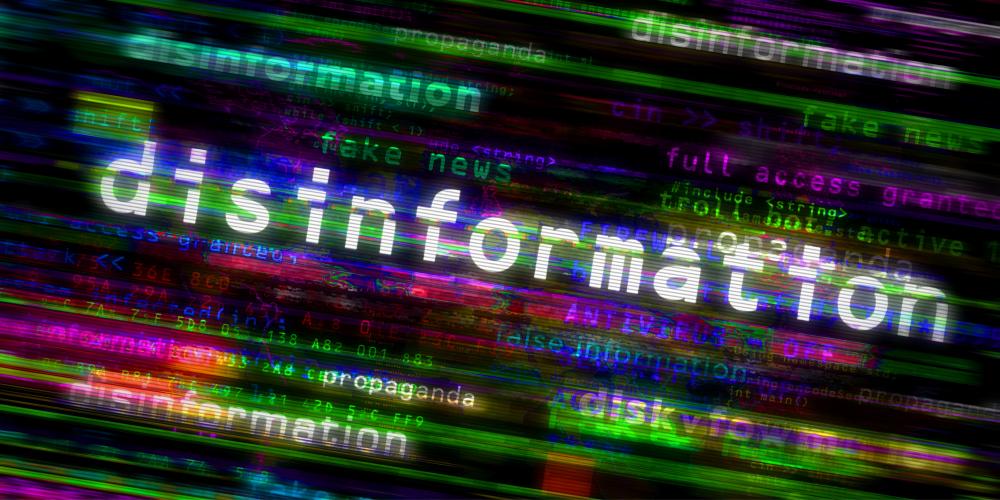
The fight against disinformation
Event
GVA2
Thursday 12 October 2023
La Perle du Lac restaurant
Geneva and the fight against disinformation
Around forty of our members met on 12 October for an evening dedicated to the fight against disinformation, featuring three key players who take action to combat this threat to our democracies:
- Chine Labbé, is the editor-in-chief for Europe at NewsGuard. This company, which specialises in verifying online information, gives ratings to different media in order to guarantee their reliability and integrity. It helps users identify reliable sources of information while alerting them to media outlets peddling false information. It is also aimed at advertisers who want to avoid appearing on questionable media;
- Heba Aly, is the CEO of The New Humanitarian, a non-profit organisation that she has been running for over 12 years. This media institution brings together a community of journalists working in the field of humanitarian crises around the world. It strives to shed light on forgotten crises and to provide high-quality, objective journalism that helps to raise awareness of humanitarian issues among public opinion, politicians and international organisations.
- Basile Zimmermann came to present CERTIFY, a project he is currently piloting at the UNIGE. CERTIFY is a tool for online content certification. It allows users to verify the credibility of any information by questioning a community of experts, who then produce a concise and rapid response. UNIGE’s Certify project is a concrete example of Geneva’s commitment to the fight against disinformation.
To sum up their activities, we can say that NewsGuard, “the Yuka of information“, analyses and rates the media according to their degree of reliability. The New Humanitarian (TNH) provides information on humanitarian crises thanks to a network of journalists on the ground. And Certify, “an Uber working with Wikipedia“, will enable us to question a community of experts on both the sources and the information they convey.
During our discussion, we touched on a wide range of issues, in particular:
- The distinction to be made between disinformation – the act of fabricating false information with the aim of harming or destabilising – and misinformation – the act of conveying information without necessarily seeking to harm – but also the need to question the stories we take for granted.
- The role of social media, which are now practically the only way for young people to keep themselves informed and which spread a great deal of false information without moderation being a priority, sometimes in a conscious and deliberate manner (X or TikTok).
- The threat posed by generative AI, which creates information sites without human intervention. While they are not yet disseminating false information, this may change soon.
- The battle against fake news is a losing one: we cannot fight the phenomenon by trying to deconstruct fake news, but we must amplify the sources of real journalism.
The journalism business model is running out of steam. It is very difficult for those who are trying to defend democracy through reliable journalism to operate in the current context. A reliable public service media has a cost and is by definition not very profitable. - The major brands are partly to blame for the media crisis; by placing their advertising on commercial sites rather than news sites, they are depriving the media of a financial windfall that is vital to their survival.
- NewsGuard estimates that the annual budget they invest in sources of misinformation around 2.6 billion dollars. If invested in reliable media, this budget would make them more sustainable, while drying up the sources of revenue of less serious sites.
- A news site that publishes corrections and applies a policy of transparency regarding its shareholding can be considered reliable. However, it is important to remain vigilant; a change in the editorial team or the ownership structure can change the situation.
- On the other hand, an informative site that conveys false information will tend to do the same thing again.
- The importance of education for young people, but also for older people, who are among the first to spread false information.
- Misinformation can have very serious consequences: destabilising states, polarising society and, in situations of armed conflict, contributing to an escalation of violence. It is clearly a threat to democracy.
As we like to do after every dinner, here are a few things that everyone can do at their own level to contribute to the solution, or at least to avoid worsening the problem:
- Adopt the proper habits to challenge the suspect information, and sharpen our critical faculties.
- Do not be diverted from important and reliable information by entertaining and uninteresting content > see Heba’s TEDx talk « Stop eating junk news »
- Don’t relay false information and take time to check the veracity of what you share on social networks or with friends and family.
- Educate our children and our elders to do the same.
- We need to be willing to pay for reliable content: quality media need the support of the public, we must be ready to pay for valid content in the same way we pay for quality food.
- Push our politicians to set up verification tools and education programmes.
- For brands and institutions, include the principle of not funding infox via advertising in their corporate social responsibility policy, and ensure that they do their utmost in this area! Buy advertising space on reliable media sites.
Encourage schools to subscribe to NewsGuard (free for schools and libraries) or Certify. - Urge politicians to continue funding the public media and vote to maintain media subsidies.
